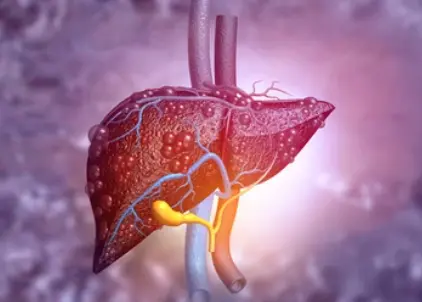 Welcome
Welcome
“May all be happy, may all be healed, may all be at peace and may no one ever suffer."
Pulmonary arterial hypertension - Generics
Pulmonary arterial hypertension (PAH) is a rare and progressive disease that affects the blood vessels in the lungs, leading to high blood pressure in the pulmonary arteries. This causes the heart to work harder to pump blood through the lungs, which can lead to heart failure if left untreated.
The symptoms of PAH can be non-specific and may include shortness of breath, fatigue, chest pain, dizziness, and fainting. Over time, as the disease progresses, individuals may experience swelling in the legs and ankles, and have difficulty performing everyday activities.
The exact cause of PAH is often unknown, but it can be associated with certain medical conditions such as connective tissue diseases, liver disease, and congenital heart defects. It can also be idiopathic, meaning there is no known cause.
Treatment for PAH may involve medications that help to relax the blood vessels and improve blood flow, such as calcium channel blockers, prostacyclins, and endothelin receptor antagonists. Oxygen therapy and diuretics may also be used to manage symptoms. In severe cases, lung transplantation may be recommended.
Early diagnosis and treatment of PAH can help to slow the progression of the disease and improve quality of life for individuals living with the condition. Regular monitoring and follow-up with a healthcare provider is important to ensure that the disease is properly managed.

Vestibular disorders

Rotavirus diarrhea

Parkinsons disease

Arrhythmias

Cirrhosis

Lacerations

Angina

Heart failure
Pulmonary arterial hypertension, ফুসফুস ধমনী উচ্চ রক্তচাপ
To be happy, beautiful, healthy, wealthy, hale and long-lived stay with DM3S.